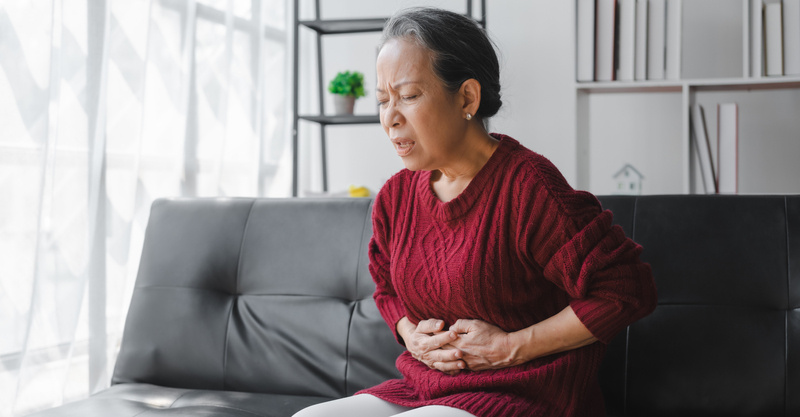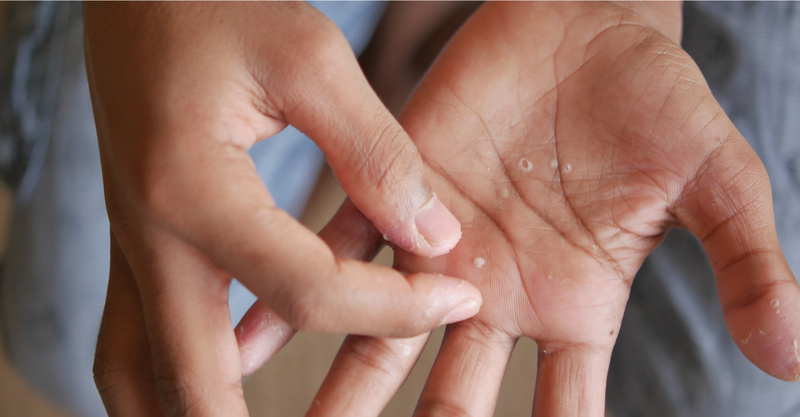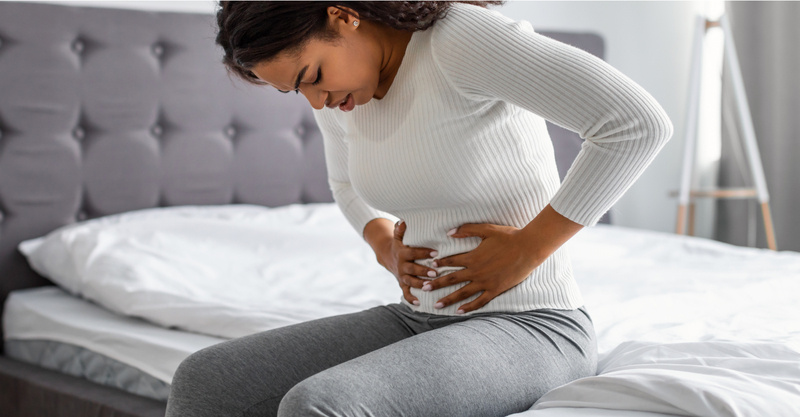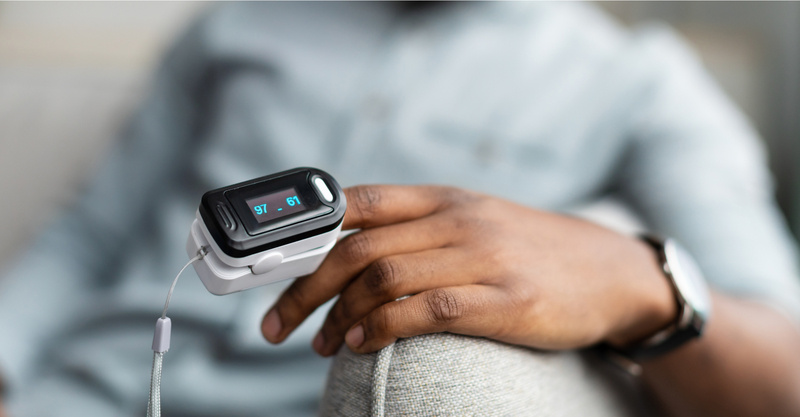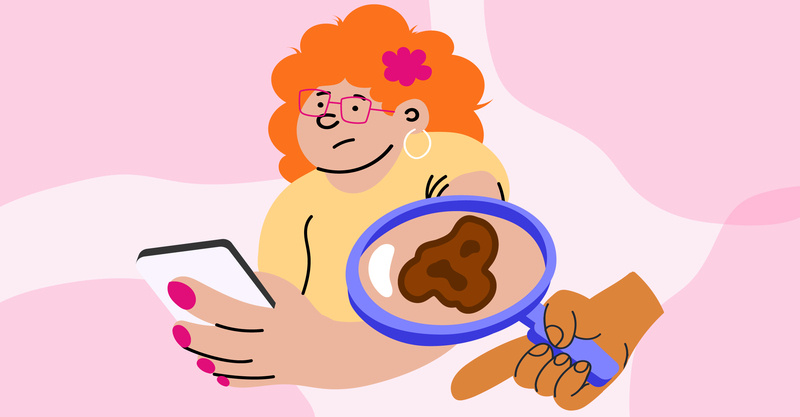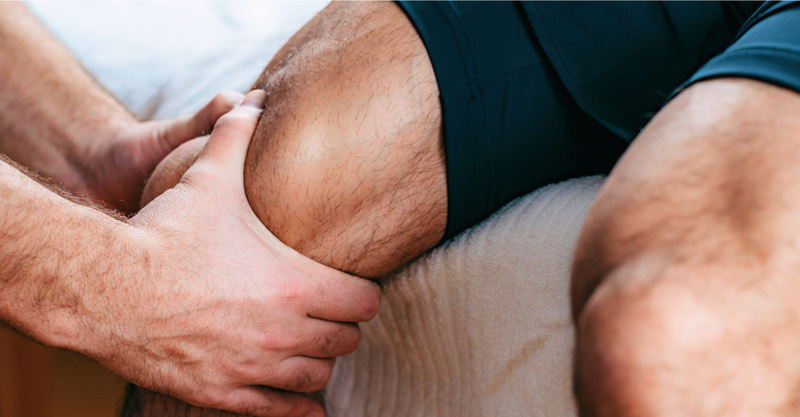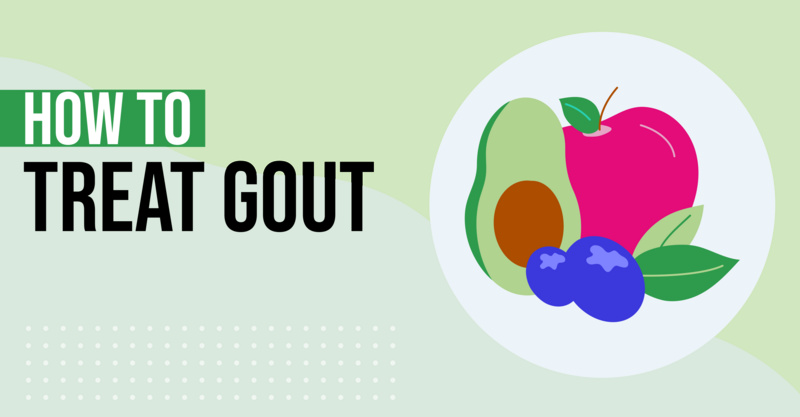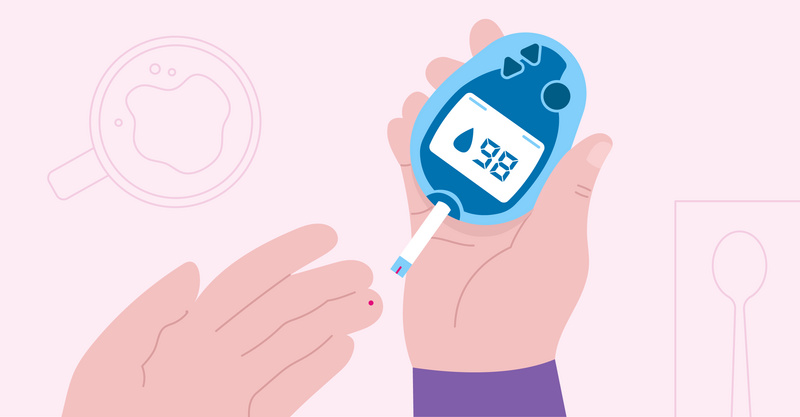Key Points
- Kidney stones are hardened mineral deposits that can cause severe pain and complications.
- Urgent care provides prompt medical attention, diagnosis, and treatment for kidney stones.
- Aftercare and preventive measures are essential to manage kidney stones effectively.
Urination is the way that many minerals and salts get transported out of your body. In some cases, however, a buildup of these minerals can form stones—known as kidney stones. Anyone who has ever dealt with a kidney stone probably describes it as one of the most painful experiences of their life. This is usually because the stones became large and irritating as they traveled from the kidneys through the ureters, bladder, and urethra, reports the Kidney Foundation.
If you’re dealing with what you think could be kidney stones, urgent care can be a great option for getting a diagnosis and treatment.
At urgent care, you can expect to receive prompt medical attention from experienced healthcare professionals. They will assess your symptoms, give you pain medication if indicated, perform diagnostic tests if necessary, and determine the best course of treatment for your kidney stones. Aftercare is also an important part of managing kidney stones, and your urgent healthcare provider will be able to give you instructions on how to care for yourself at home and when to follow up with your primary care physician or urologist. If you’re not sure if you’re experiencing kidney stones, continue reading for more about the causes, symptoms, and treatment options.
Causes, Types, and Risk Factors of Kidney Stones
Kidney stones are hardened mineral deposits that form in the kidneys and then can make their way down the ureters, into the bladder, and then out the urethra with your urine. Occasionally, a kidney stone may be too large to pass and end up getting stuck in the kidney or ureter. They can be caused by a variety of factors, according to the Kidney Foundation. Some of these factors include:
- Dehydration
- Eating a diet high in sodium, animal protein, or sugar
- Genetics
- Certain medical conditions, such as gout or inflammatory bowel disease
Types of Kidney Stones
There are five main types of kidney stones, according to the Urology Care Foundation. Genetics and lifestyle habits influence which type of kidney stone develops.
- Calcium oxalate stones: These are the most common type of kidney stone and are caused by a buildup of calcium and oxalate in the urine.
- Calcium phosphate stones: These stones are commonly caused by abnormalities in the urinary system.
- Cystine stones: This type of kidney stone is caused by a hereditary disorder called cystinuria. This genetic disorder causes excessive amounts of the amino acid cystine to collect in the urine.
- Uric acid stones: These stones are caused by a buildup of uric acid in the urine and are more common in people with gout.
- Struvite stones: These stones are caused by a bacterial infection in the urinary tract and can grow quickly and become quite large.
Risk Factors for Kidney Stones
Many risk factors for developing kidney stones are unavoidable. However, understanding risk factors will help you determine if your symptoms could be related to kidney stones, according to the Kidney Foundation. The largest risk factors for kidney stones include:
- Age - People between the ages of 30 and 50 are more likely to develop kidney stones according to the Urology Foundation.
- Gender - Men are more likely to develop kidney stones than women, according to the Mayo Clinic.
- Certain medical conditions - Conditions like High blood pressure and diabetes can increase the risk of kidney stones according to the Mayo Clinic.
- Family history - If someone in your family has had kidney stones, you are more likely to develop them as well, according to the Kidney Foundation.
Getting Diagnosed With Kidney Stones
Chances are, you may be in a great deal of pain when you arrive at the doctor's office if you suspect you have kidney stones. For this reason, a quick evaluation is necessary to get you the proper treatment. The staff at urgent care understands this and will work efficiently to determine the likelihood of kidney stones while also ruling out other potential causes of your symptoms. The Mayo Clinic outlines the most common strategies used to diagnose kidney stones, starting with a physical exam.
Physical examination and medical history
The staff at an urgent care clinic will usually start their investigation of your symptoms by doing a physical examination. This will likely involve palpating your abdomen and checking for tenderness or pain in your stomach, back, and flank areas. They will also check your vital signs, including your blood pressure, heart rate, and temperature. This will help them rule out more serious conditions while also evaluating if you have an infection.
Alongside the physical exam, the healthcare providers will also gather information from your medical history. This will include asking you questions about your symptoms—including when the symptoms began, how severe they are, and whether you have experienced similar symptoms in the past. They will also ask about any pre-existing conditions and medications you are taking.
Imaging tests (X-ray, CT scan, ultrasound)
Imaging tests are commonly used to diagnose kidney stones. X-rays are one way to detect the presence of stones—but some stones may not be visible on an X-ray. For this reason, a CT scan or ultrasound may be ordered to get a better view of the kidneys and urinary tract.
Urine and blood tests
Urine and blood tests can also help diagnose kidney stones. A urine test can detect the presence of blood or minerals that may indicate the presence of stones, according to the Mayo Clinic. Blood tests can also be used to check for signs of infection or other conditions that may be causing your symptoms.
Once a diagnosis is made, your healthcare provider can begin providing the appropriate treatment and aftercare tips to manage your symptoms and prevent future kidney stones.
Treatment Options
There are several options available for treating kidney stones, according to the Kidney Foundation and Mayo Clinic. Your doctor will recommend the best treatment option for your specific case based on the size and location of your kidney stones, as well as your overall health.
Pain management for kidney stones
Kidney stones can be extremely painful, and managing your pain is often a top priority for both you and your medical provider. In the appropriate clinical setting, strong pain medications may be given, sometimes intravenously. Upon discharge, your doctor may recommend over-the-counter pain relievers such as ibuprofen or acetaminophen, or prescribe stronger pain medications if necessary.
Medications for kidney stones
There are several medications available that can help kidney stones pass more easily or prevent them from forming in the first place.
- Alpha-blockers (such as Alfuzosin, Doxazosin, and Terazosin) are one class of medications that can relax the muscles in the ureter, making it easier for the stone to pass.
- Diuretics are used to help flush out the stone. Your doctor may recommend purchasing these over the counter or may prescribe them to you.
- Antibiotics are also used in some cases if your healthcare provider believes that an infection is present.
Extracorporeal shock wave lithotripsy (ESWL) for kidney stones
ESWL is a non-invasive procedure that uses shock waves to break up the kidney stone into smaller pieces—thus making it easier to pass. This procedure does not require an incision and is typically performed on an outpatient basis, according to the Urology Foundation.
Ureteroscopy for kidney stones
Ureteroscopy involves inserting a small scope into the ureter to locate and manually remove the kidney stone. This procedure may be necessary for larger stones or stones that are located in a difficult-to-reach area. This procedure is also used when other techniques fail to relieve you of kidney stones, according to the Kidney Foundation.
Percutaneous nephrolithotomy (PCNL)
PCNL is a surgical procedure that involves making a small incision in the back and using a scope to locate and remove the kidney stone. Much like ureteroscopy, the Urology Foundation notes that this procedure is typically reserved for larger stones or stones that cannot be removed using other methods.
Non-urgent Treatment Options for Kidney Stones
The Mayo Clinic and the Kidney Foundation both note that drinking plenty of water and making dietary changes can help prevent kidney stones from forming and help them pass more easily if they do form. Your doctor may also recommend limiting your intake of certain foods (like processed meats, red meats, and foods high in salt, as well as alcohol, and soda) or increasing your intake of others (water, low-sodium foods, fruits, vegetables, and legumes).
Complications and Emotional Impact of Kidney Stones
Kidney stones can lead to various complications, including kidney damage and infection, according to the Mayo Clinic. If a kidney stone blocks the flow of urine, it can cause pressure to build up in the affected kidney, leading to swelling and damage. The risk of kidney damage increases if the stone is left untreated for a long time.
In some cases, kidney stones can also cause urinary tract infections (UTIs). UTIs can cause additional symptoms such as pain and burning during urination, frequent urination, and fever. If left untreated, UTIs can spread to the kidneys, leading to more severe complications.
The impact of kidney stones on patients and their families
Kidney stones can have a significant emotional and psychological impact on patients and even their families, notes the Mayo Clinic . The discomfort caused by kidney stones can be intense and debilitating, making it difficult to carry out daily activities. This can lead to feelings of frustration, helplessness, and anxiety—especially when kidney stones are recurring.
Kidney stones can also cause a financial strain, as medical bills and time off work can quickly add up. Patients may worry about the possibility of future kidney stones and the impact this can have on their quality of life and long-term finances.
Family members and caregivers also experience emotional stress as they support their loved ones through the kidney stone experience. They may feel helpless or overwhelmed by their loved one’s pain and have to adjust their life schedule to handle additional responsibilities or medical visits.
All of this underscores the importance of seeking prompt medical attention and following up with appropriate aftercare to minimize the risk of complications and support a full recovery.
When to Seek Urgent Care For Kidney Stones
In some cases, kidney stones can cause severe pain and other complications that require immediate medical attention. If you suspect that you have kidney stones, it is important to seek medical attention as soon as possible. Here are some signs to look out for, as outlined by the Mayo Clinic, that should prompt you to seek medical care immediately.
- Severe pain - Especially in your back, side, or lower abdomen. The pain may come and go in waves and may be accompanied by nausea or vomiting.
- Blood in your urine - This could be a sign that you have a kidney stone that is causing damage to your urinary tract. Blood in urine can also be a sign of a UTI or other serious conditions, so it is important to seek medical attention right away.
- The inability to urinate - This could be a sign that a kidney stone is blocking your urinary tract. If left untreated, this can lead to serious complications, including kidney damage, according to the Mayo Clinic.
- Fever - If you have a fever (above 100.4°F), along with any other symptoms of kidney stones, you should seek urgent care. A fever could be a sign that you have an infection, which can be a complication of kidney stones.
What to expect at urgent care
When you arrive at the urgent care facility for kidney stone symptoms, you can expect a prompt and thorough evaluation of your condition. The urgent care staff will evaluate you by performing a physical examination while assessing your symptoms and medical history. They then will order diagnostic tests to help ensure the proper diagnosis. Testing may include X-rays, urine tests, blood tests, ultrasounds, or CT scans. Based on the results of the examination and diagnostic testing, your urgent care staff will recommend the appropriate treatment options. Treatment options may include:
- Pain management
- Hydration
- Medication to help pass the stones
- Procedures to remove the stones in some cases
Your medical provider will also determine if you need referral to a specialist, such as a urologist or nephrologist. This referral may be to continue treatment or to follow up.
Insurance coverage and costs associated with urgent care for kidney stones
Urgent care costs can vary depending on your insurance coverage and what specific services are provided to you. You can check with your insurance provider to understand your coverage and any associated costs. It is important to note that you should not delay seeking medical attention if you are unsure of your insurance coverage. Some urgent care facilities may offer self-pay options or payment plans.
What to do After Visiting Urgent Care for Kidney Stones
After receiving treatment for kidney stones at urgent care, it's important to follow any home instructions that your healthcare provider gives you. The home instructions may include instructions on how to take prescribed and over-the-counter medication, foods and drinks to avoid, how much water to drink, and when to follow up with your primary care physician or urologist. You may also be asked to filter your urine in order to capture and identify the type of stone. Follow-up evaluations are recommended by the Kidney Foundation to monitor your condition and determine if additional treatment is necessary.
Your doctor may also recommend that you undergo follow-up testing, (such as a CT scan or ultrasound) to check for any remaining stones or kidney damage.
Lifestyle Changes to Help Prevent Kidney Stones
If you have experienced kidney stones, you are probably wondering what you can do to avoid ever having them again. Although there is no guarantee that you won’t develop them again, there are some lifestyle changes you can make that can help lower your chances. The Kidney Foundation recommends:
- Drinking plenty of water to stay hydrated
- Reducing your intake of sodium and animal protein
- Increasing your intake of fruits and vegetables
Additionally, your doctor may recommend that you take calcium and vitamin D supplements, as these can help prevent the formation of kidney stones.
When to Seek Further Medical Attention
While most kidney stones can be treated at urgent care, there are some cases where further medical attention may be necessary. The Urology Foundation lists symptoms that may indicate a severe case as:
- Severe pain that is not relieved by medication
- Blood in your urine
- Difficulty urinating
- Fever and chills
- Nausea and vomiting
Finding an Urgent Care for Kidney Stones
If you suspect that you have kidney stones, it's important to seek medical care right away. An urgent care clinic is a great option for getting fast, cost-efficient medical care. If you are experiencing any of the symptoms of kidney stones, according to the Mayo Clinic including:
- Pain or discomfort in your abdomen, back, or sides
- Difficulty urinating
- Blood in your urine
- Fever
- Painful urination
- Nausea, or vomiting
Use Solv to find an urgent care near you, by searching our directory. We can help you find an urgent care client with skilled medical providers and the testing capabilities necessary to diagnose and treat kidney stones. Once you have received care at urgent care, you can continue using Solv to book your follow-up appointments or find specialists in your area who can help you prevent future kidney stones from developing.
Frequently asked questions
What are kidney stones and how do they form?
Kidney stones are hardened mineral deposits that form in the kidneys. They are caused by a buildup of minerals and salts in the urine that are not properly excreted from the body. This buildup can be influenced by factors such as dehydration, a diet high in sodium, animal protein, or sugar, genetics, and certain medical conditions like gout or inflammatory bowel disease.What are the types of kidney stones?
There are five main types of kidney stones: calcium oxalate stones, calcium phosphate stones, cystine stones, uric acid stones, and struvite stones. The type of kidney stone that develops is influenced by genetics and lifestyle habits.What are the risk factors for developing kidney stones?
The largest risk factors for developing kidney stones include age, gender, certain medical conditions like high blood pressure and diabetes, and family history.How are kidney stones diagnosed?
Kidney stones are diagnosed through a physical examination, medical history review, and various tests such as imaging tests (X-ray, CT scan, ultrasound), urine tests, and blood tests.What are the treatment options for kidney stones?
Treatment options for kidney stones include pain management, medications to help the stones pass or prevent them from forming, and procedures to remove the stones such as extracorporeal shock wave lithotripsy (ESWL), ureteroscopy, and percutaneous nephrolithotomy (PCNL).Can lifestyle changes help prevent kidney stones?
Yes, lifestyle changes can help prevent kidney stones. These changes include drinking plenty of water to stay hydrated, reducing intake of sodium and animal protein, and increasing intake of fruits and vegetables. Your doctor may also recommend taking calcium and vitamin D supplements.When should I seek urgent care for kidney stones?
You should seek urgent care for kidney stones if you experience severe pain, especially in your back, side, or lower abdomen, blood in your urine, the inability to urinate, and fever above 100.4°F.What should I do after visiting urgent care for kidney stones?
After visiting urgent care for kidney stones, it's important to follow the home instructions provided by your healthcare provider. These instructions may include how to take prescribed and over-the-counter medication, foods and drinks to avoid, how much water to drink, and when to follow up with your primary care physician or urologist. You may also need to undergo follow-up testing to check for any remaining stones or kidney damage.
Solv has strict sourcing guidelines and relies on peer-reviewed studies, academic research institutions, and medical associations. We avoid using tertiary references.

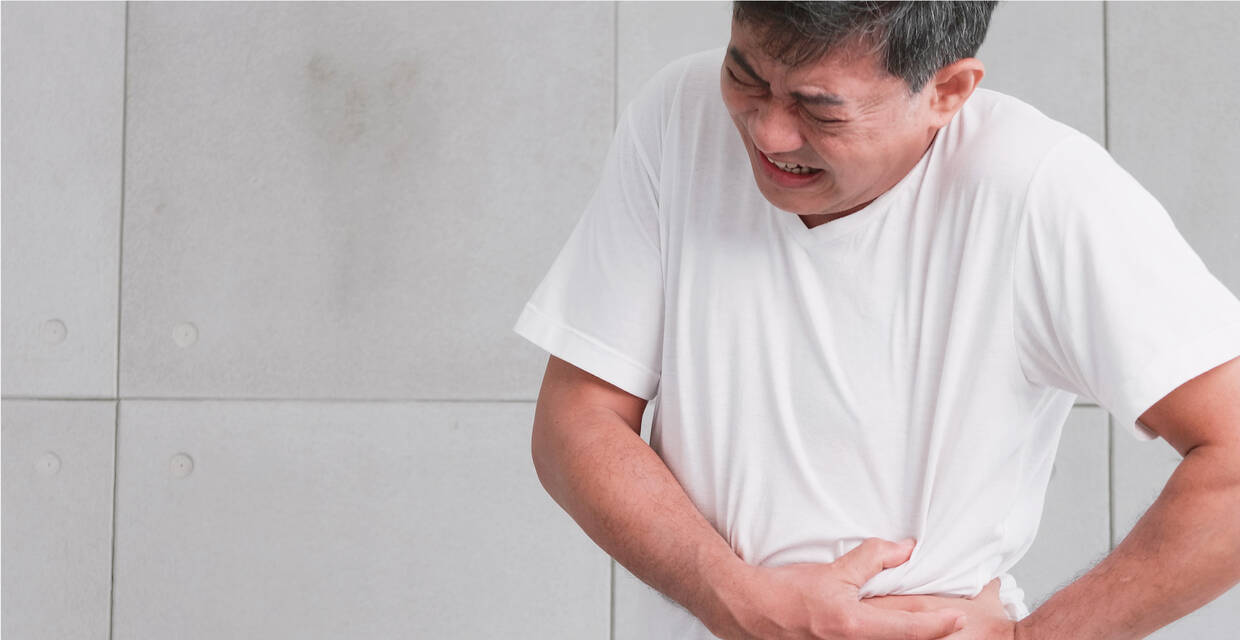
 LinkedIn
LinkedIn

